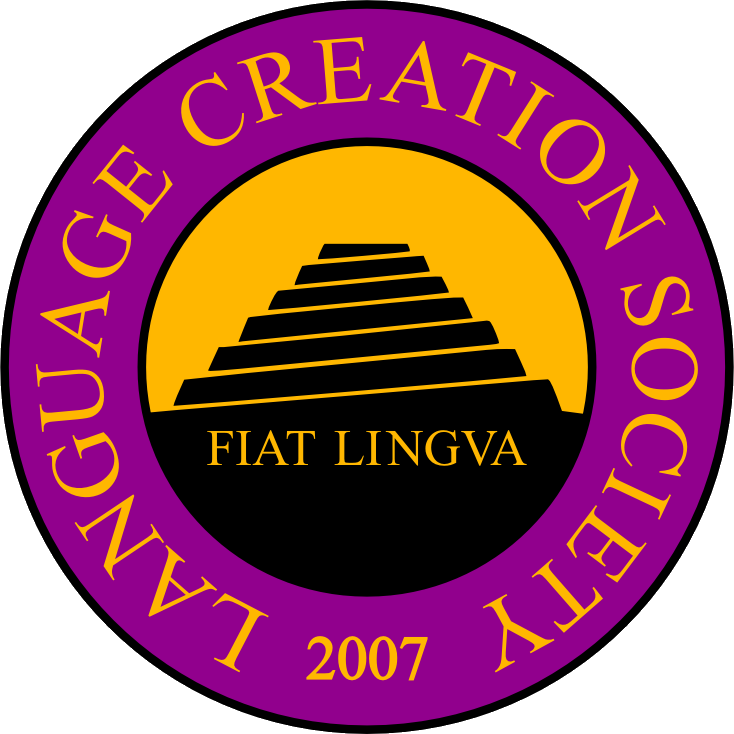The 12th Language Creation Conference will be held on July 10th–12th 2026 at Søndre Campus of the University of Copenhagen, Denmark, with Carl Avlund as local host and co-organizer.
As planning of the conference proceeds, this page will be updated with useful things, including registration form, presentation list, practical information, and much more.
Resources
Please the LCC12 resources page for information on traveling to Denmark, staying in Copenhagen, safety, and other things.
Presentations
If you’d like to present at LCC12, please see this form. Deadline for proposals is March 31st 2026.
Contact
If you have any questions or requests regarding the conference, feel free to contact lcc@nullconlang.org. If you wish to contact the local host, please send an e-mail to Carl Avlund at cawlo@nullconlang.org.
General information
About the LCC
The Language Creation Conference is an international conference discussing issues related to the craft of language creation, or “conlanging”. It includes both fairly technical linguistic discussions as well as more artistic, sociological, or philosophical ones; examples of craft in action; voices from many parts of the conlanging community; and people from all over the world. The conference is open to the public. Preregistration requested. Lunch, snacks, and opportunities to socialize with fellow conlangers will be provided. All proceeds go to the LCS.
What is language creation?
Language creation (or “conlanging” — “conlang” is short for “constructed language”) is the process of inventing and (usually) describing a new language. Though the extent to which a language is created varies, creators might include sound systems, grammars, and writing systems for their languages. Some creators are also interested in cosmogenesis: the creation of cultures and worlds in which their languages are used.
What’s the point?
People create constructed languages for a number of reasons. Artistic languages are often included in fictional works: for example, Tolkien’s Quenya in The Lord of the Rings or Klingon in Star Trek. International auxiliary languages (auxlangs) are intended for communication between people of different native languages, usually to prevent one being elevated over others or to making learning easier; some famous examples are Esperanto, Ido, and Interlingua. Logical and philosophical languages are used to test linguistic (and other) theories; Loglan and Lojban are well-known examples of the former, and Suzette Haden Elgin’s Láadan is an example of the latter — which she incorporated into the Native Tongue series of novels.
Press
We welcome members of the press and will assist you in researching a story about conlangs or conlangers. Press registration is the same as for any other attendee, but we ask that you identify yourself publicly and briefly let the audience know your affiliation(s) and what you are working on.
Code of Conduct
The LCS expects all attendees to abide by the LCS Code of Conduct.
